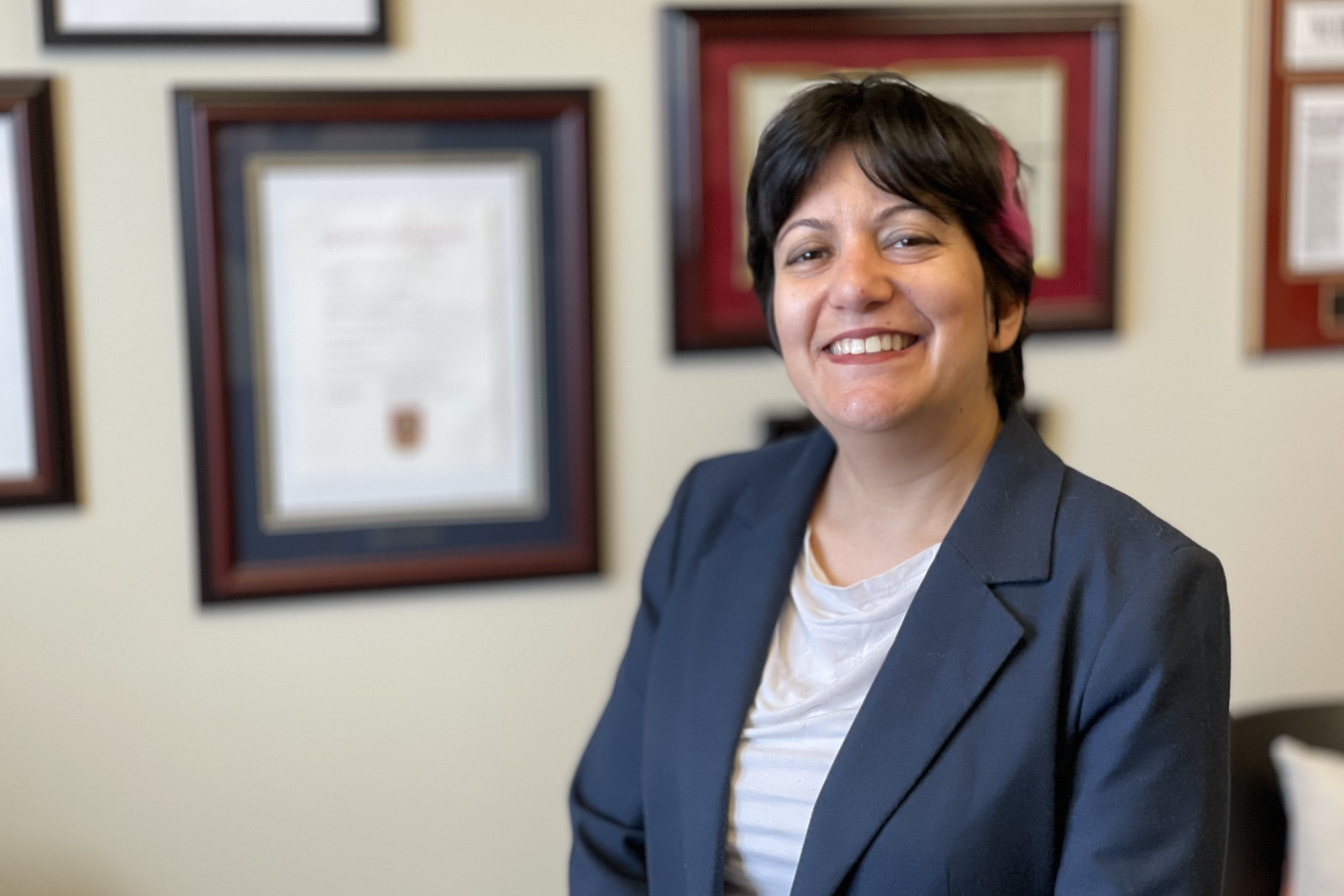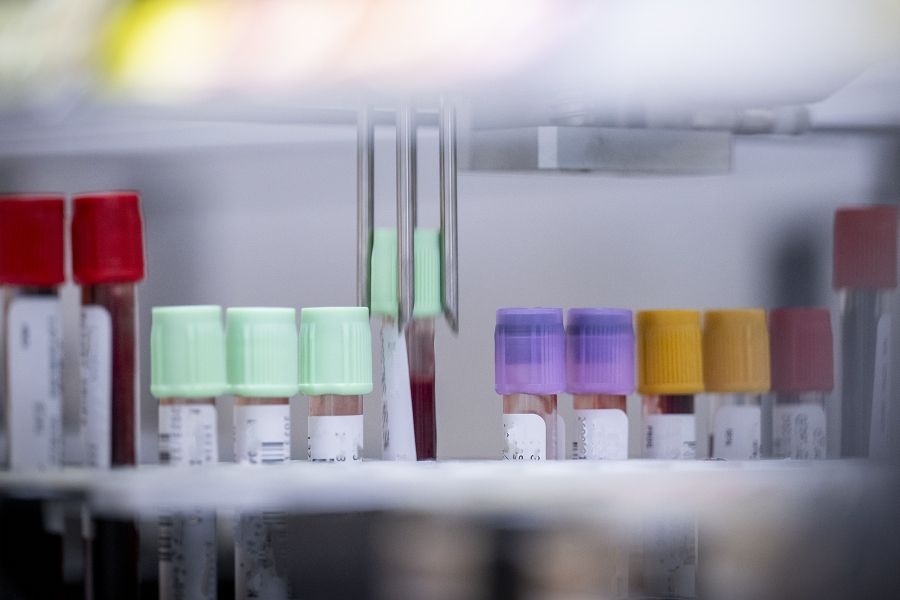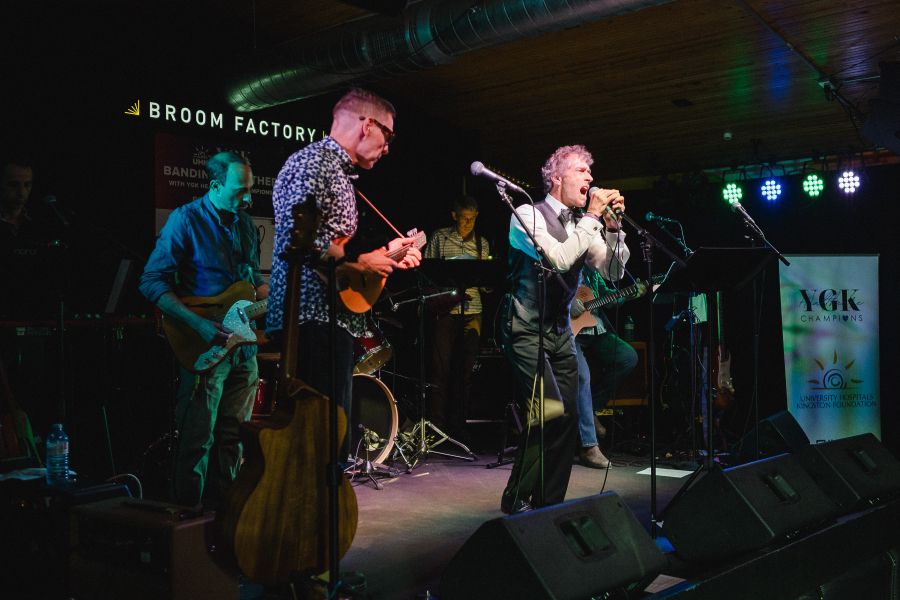
Mental health programs across the country are facing long wait times. For many people, the delay in getting care can make their condition worse, resulting in a mental health crisis. At Kingston Health Sciences Centre (KHSC), Dr. Nazanin Alavi is using technology to help change that.
Dr. Alavi and her team introduced an artificial intelligence (AI)-assisted triage system in the Mental Health and Addiction Care program. Between 2023 and 2024, it helped cut appointment wait times by more than 50 per cent.
“If a patient doesn’t get timely care, a mental health condition could evolve and they could end up in the emergency department,” said Dr. Alavi. “That’s not ideal because Mental health needs a structured approach, not emergency intervention.”
The system uses machine learning to assess each patient’s needs and help staff decide the right level of support. Patients are asked to share their story and fill out secure online questionnaires. Their answers are analyzed by the platform, which then sends a summary to staff. If someone is in crisis, the system flags it right away for urgent help. All responses are still reviewed by staff.
This is about using technology to offer more personalized care. It’s AI-assisted, not AI-led. It supports our team so we can focus on connecting people with the right care, faster.
The triage platform also connects patients with online therapy modules led by trained therapists. While patients wait for their first appointment, nursing staff offer support and can adjust care if a person’s needs change. This helps lower the risk of a crisis.
The results have been strong. In 2023, the outpatient mental health clinic handled about 3,000 referrals. After the AI system launched as a trial in 2024, wait times dropped by more than half.
Dr. Alavi has always been interested in how technology can help people.
“This started when I was a postdoc at Queen’s. People wanted support, but there were barriers. I began with email therapy modules, but it wasn’t scalable. By 2017, technology had improved, and it became possible.”
In April, Dr. Alavi received additional funding from the Ontario Centre for Innovation to continue using the AI platform. Her team has also formed research partnerships with other universities, and plans to expand the approach to KHSC’s inpatient unit.
“In hospitals, this could shorten stays and reduce the chances of someone needing to return to the emergency department."
The goal is to provide measurement-based care.
“You can ask someone, ‘How are you doing?’ but that’s just one moment in time. With AI, patients can journal daily. We can analyze the results and establish trends. This helps us see patterns and better guide care.”
At its core, this project is about improving access to mental health support and helping the community.
I’m proud of how this started from nothing when I first came to Kingston. This platform is an important way to advocate for patients and I’m hopeful we can make a change in mental health. Kingston is home, and I believe this can really make a difference in the community.



